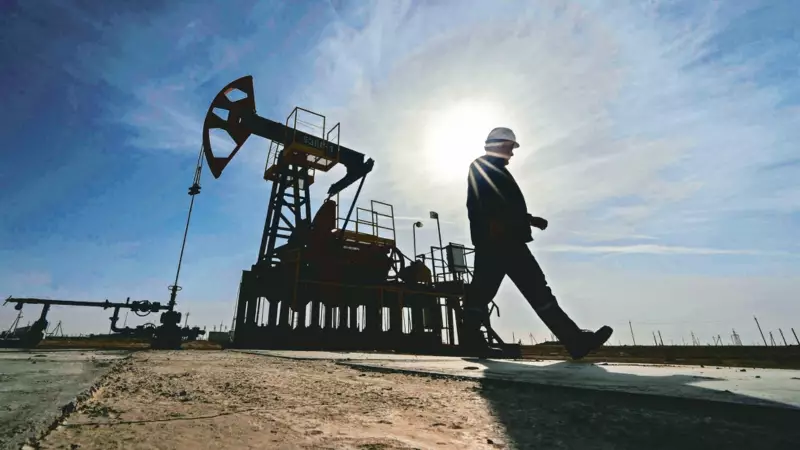
India's dependence on imported crude oil has reached concerning levels, with recent data revealing a significant surge in petroleum imports while domestic production continues to stagnate. The world's third-largest oil consumer is facing an energy security challenge that could have far-reaching implications for its economy.
The Import Surge: Numbers Tell the Story
Recent statistics show India's crude oil imports climbing to a 19-month high, with Reliance Industries emerging as a major driver of this upward trend. The refining giant has significantly increased its procurement of foreign crude, highlighting the growing gap between domestic supply and the nation's energy demands.
Domestic Production: Stuck in Neutral
While imports continue their upward trajectory, India's domestic crude oil production has remained virtually unchanged. This stagnation in local output creates a worrying dependency on international markets, leaving the country vulnerable to global price fluctuations and supply chain disruptions.
Reliance's Strategic Shift
Reliance Industries, operating the world's largest refining complex in Jamnagar, has adapted to this reality by increasing its reliance on imported crude. The company's sophisticated refineries are designed to process various grades of crude oil, making imported varieties often more economically viable than domestically produced alternatives.
Economic Implications
The growing import bill presents several challenges for the Indian economy:
- Increased pressure on the current account deficit
- Vulnerability to global oil price shocks
- Currency exchange rate pressures
- Reduced energy self-sufficiency
The Road Ahead: Balancing Act Required
Experts suggest that India needs a multi-pronged approach to address this growing dependency. This includes revitalizing domestic exploration efforts, investing in alternative energy sources, and improving refinery efficiency. The current trend underscores the urgent need for policy interventions to ensure long-term energy security.
As India continues its economic growth trajectory, the balance between imported and domestic crude oil will remain a critical factor in the nation's energy strategy and economic stability.






